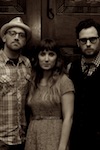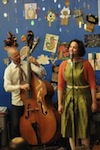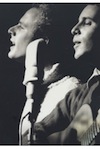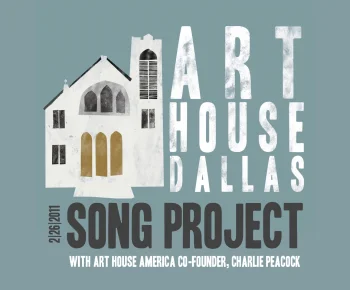You've chosen a noble vocation. Or, perhaps music has chosen you? That's even better. An invitation is preferable to a cold call.
At all times and in all ways, you must relentlessly pursue success. That is, as long as success is defined as increased skill and ability, imagination, humility, generosity of spirit, good humor, gratitude, innovation, love, and empathy, and becoming more like Jesus, not less. Your life as a musician is an invitation to become one kind of person in the world and not another, while leaving the world a better place than when you first arrived. It is a unique calling to live a seamless, integrated, creative life before God and the world, cultivating and enjoying the gift of music. Take it seriously . . .
 Matt and I suddenly found ourselves writing songs we couldn’t play in church. Songs that would fit better in a bar or a club — venues we had started playing when we were too young to drink in them.
Matt and I suddenly found ourselves writing songs we couldn’t play in church. Songs that would fit better in a bar or a club — venues we had started playing when we were too young to drink in them.
































